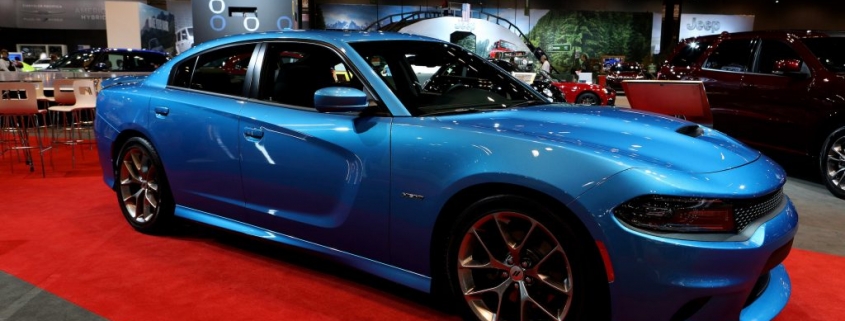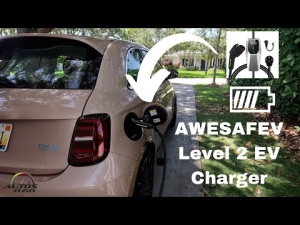Charger Challenger Hellcats, Demons Break Rear Ends Says Class-Action Lawsuit
Owners of Charger or Challenger Hellcats and Demons in this class-action lawsuit claim the rear differentials can’t handle the high horsepower and torque. The lawsuit says owners hear whining, howling, and whirring noises coming from the differential. They also experience vibrations generated from the back of their vehicles.
This lawsuit includes 2014-2019 Dodge Challengers and Chargers with V8 engines
The lawsuit takes in 2014-2019 Dodge Challengers and Chargers with V8 engines. It also includes Charger and Challenger Hellcats, and Challenger Demons. These were all developed through Chrysler’s Street and Racing Technology (SRT) group. With that SRT badge, the lawsuit alleges these sedans were built for use on public roads but also for race tracks.
The plaintiffs say the rear ends are not capable of handling the high torque and horsepower of the SRT engines and transmissions. It alleges that these vehicles were defective when new. Failures of the ring gears, pinion gear differential housings, and axles are specific reasons given for rendering the cars undrivable.
The lawsuit alleges that it can cost thousands of dollars for owners to have rear differentials replaced. And that doesn’t factor in damage caused to other components. It lists metal shavings and particulates as contaminating the rear-end oil. This results in friction and heat which ultimately causes the differential to fail according to carcomplaints.
The lawsuit alleges technical service bulletins show Fiat Chrysler knew about the problems

As proof that Fiat Chrysler has known about the issues the lawsuit outlines, it issued technical service bulletins related to the differential. It references TSB 03-001-15 which covered the 2015 Chrysler 300, Dodge Charger, and Dodge Challenger. The TSB said “a slight noise of vibration from the rear of the vehicle.”
In these cases, the TSB concludes that replacing both rear half shafts takes care of the problem. But as the problem continued Fiat Chrysler revised the TSB. Now, it describes a slight shake/vibration felt in the seat and/or floor, generated from the rear of the vehicle. It said that it was “most noticeable on very smooth roads, at steady-state cruising speeds 50-80 mph.”
The following year TSB-03-004-16 was issued, expanding the model year to 2016. It also suggested dealers replace the propeller shaft. The service bulletin described a whining noise at high speeds coming from the rear axle.
Rear ends making noise and failing are alleged to be the problem

Yet, another TSB was issued in 2016, this time asking dealers to replace axle oil in limited-slip differentials. The noise was coming from rear ends that now included 2015-2017 Chrysler 300, Dodge Charger, and Challenger models.
In March 2017, TSB 9003655 described tight turning maneuvers as causing noise in rear ends. This was found in 2015-2016 Chrysler 300, Dodge Charger, and Dodge Challenger models. It also included 2017 Dodge Chargers. The fix was to drain the rear end and fill it up with fresh oil.
RELATED: The 807-Hp Dodge Challenger SRT Super Stock Is a Refined Demon
The post Charger Challenger Hellcats, Demons Break Rear Ends Says Class-Action Lawsuit appeared first on MotorBiscuit.







